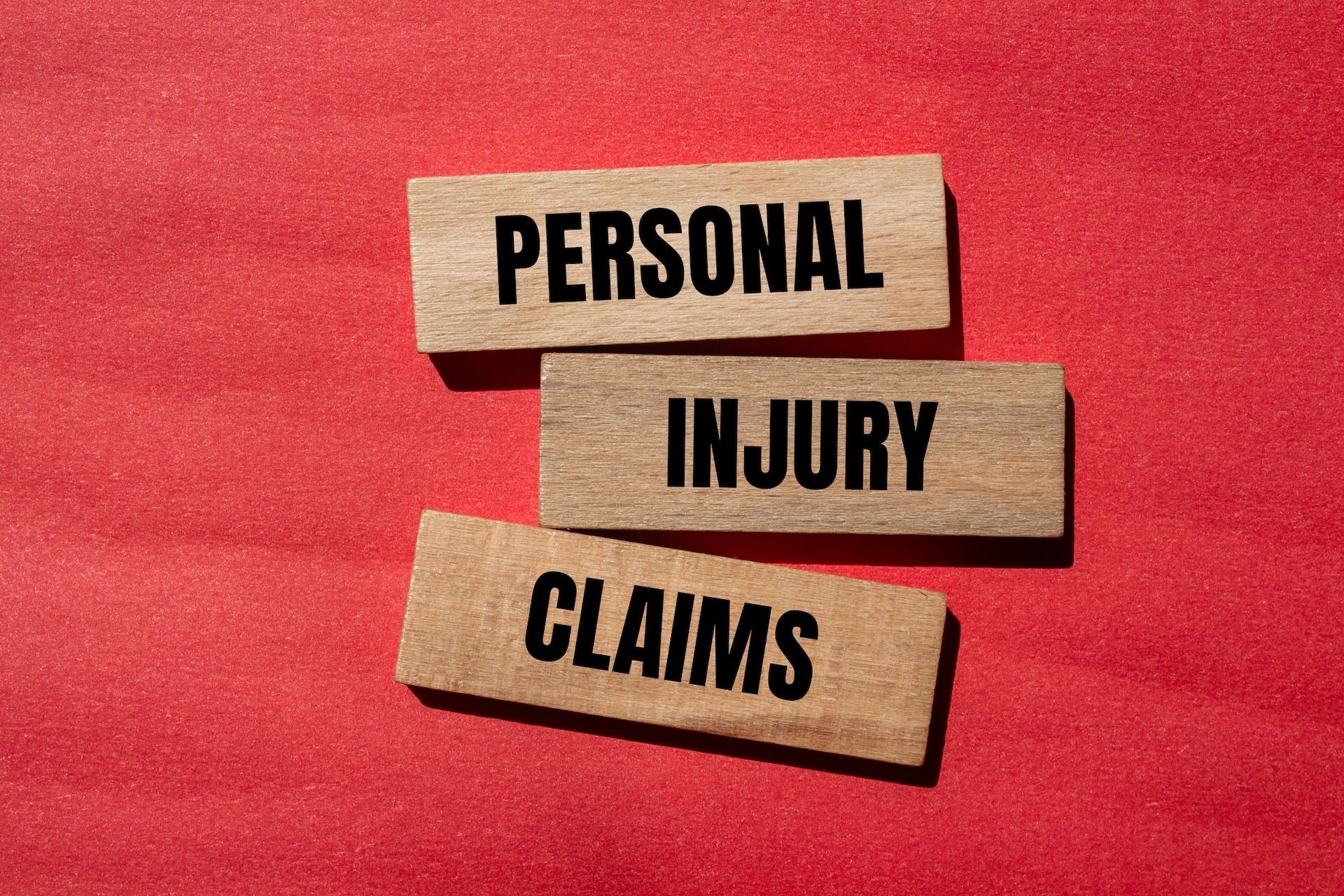Carl Ricker, Jr. v. Metro-North Commuter Railroad and Metro Transit Authority

Case Name
Carl Ricker, Jr. v. Metro-North Commuter Railroad and Metro Transit Authority
Type of Injury
SCHIZOPHRENIC CLIMBS HIGH-TENSION TOWER AND COMES IN CONTACT WITH WIRES
Occupation
unemployed
Location
NY
Verdict
Defense verdict (6/0)
Verdict Amount
$0.00
Case Details
XIII/4-8 RAILROAD ACCIDENT SCHIZOPHRENIC CLIMBS HIGH-TENSION TOWER AND COMES IN CONTACT WITH WIRES FAILURE TO PLACE WARNINGS DEFENSE VERDICT
Carl Ricker, Jr. v. Metro-North Commuter Railroad and Metro Transit Authority 8158/89 3-week trial Verdict 6/6/95 Judge Gerald Esposito, Bronx Supreme
VERDICT: Defense verdict (6/0). Jury: 2 male, 4 female. Post- trial motions were denied in November 1995.
Pltf. Atty: Alan M. Shapey and Abdul Mujib Mennen of Harry H. Lipsig & Partners, Manhattan
Deft. Atty: Rudyard F. Whyte of Jackson & Consumano, Manhattan
Facts: On 9/12/88 at approximately 10 AM, Pltf., age 23 and unemployed at the time, was found suffering from the effects of a severe electrical shock near the Riverdale train station. Pltf., a schizophrenic, had taken a bus from Pennsylvania to New York. He claimed that he was walking along the tracks by the Hudson River between the Riverdale and Spuyten Duyvil stations and climbed 40 feet up a high-tension tower to get a better view of the city. Pltf. testified that he came in contact with a wire containing approximately 11,000 volts, and was thrown off the tower. He was found 1?-2 days later. Pltf. argued that Deft. negligently failed to put up warning signs or fencing to prevent the public from entering the area or climbing deterrents to prevent people from climbing the tower. Pltf. testified that he was able to walk from the Riverdale park to the tower without encountering any barriers. Pltf.’s expert testified that Deft. should have installed climbing deterrents or fencing with barbed wire to deter climbers. A member of the community testified that people frequently entered the area.
Deft. contended that Pltf. was in a schizophrenic state and that he would have ignored fencing and disobeyed warning signs if they were posted . Deft. contended that the tower is in a remote area away from the public . Deft.’s expert testified that wires at such a height are a sufficient deterrent to the public and could not be insulated because they would become too heavy. Two EMS technicians testified that they found Pltf. conscious at the scene and that he said he tried to kill himself. Pltf. denied making that statement and claimed that he was found unconscious. Pltf. admitted that he abused drugs and alcohol prior to the diagnosis of schizophrenia. Deft. produced uncertified records of alcohol use following his discharge from psychiatric care.
Injuries: Pltf.’s left (nondominant) arm was burned off by the force of the electrical shock. He also suffered the loss of use of the right ( dominant) arm, burns to the head requiring a craniotomy, and third-degree burns to the femur. Pltf. remained in Jacobi Hospital for 8 months and was transferred to The Greenery, a long-care facility in Andover, Massachusetts. He received medication for his seizures, treatment for psychiatric problems, and required 24-hour care. Demonstrative evidence: graphs; maps; photographs of the location, park, and Pltf. Offer: $300, 000; demand: $5,000,000. Jury deliberation: 3 hours. Pltf. Experts: Dr. Mark Rubenstein, psychiatrist, Manhattan; Dr. Jay Rosenblum, neurologist, Manhattan; Edmond Provder, vocational rehabilitation, Manhattan; Jack Gordon, electrical engineer, Manhattan. Deft. Experts: Dr. William Head, neuropsychiatrist, Manhattan; Leonard Weiss, engineer, Brooklyn.
Disclaimer: The information on this website and blog is for general informational purposes only and is not professional advice. We make no guarantees of accuracy or completeness. We disclaim all liability for errors, omissions, or reliance on this content. Always consult a qualified professional for specific guidance.








